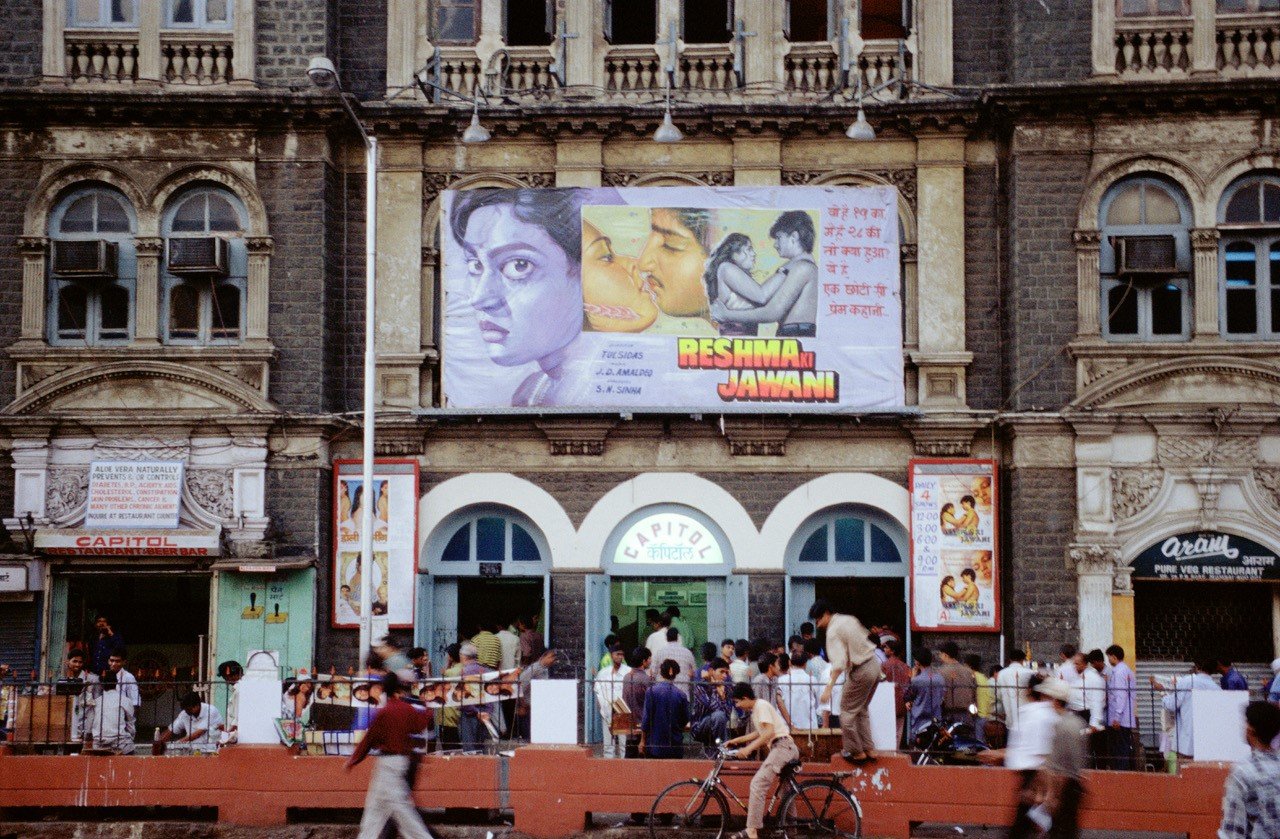Matthew Gandy: Urban Imaginaries
The Otto Wagner Lecture with Matthew Gandy is organized by the Institute of Art and Architecture at the Academy of Fine Arts Vienna.
With Matthew Gandy, the Academy has invited a pioneering contemporary geographer to give the Otto Wagner Lecture 2025. In his work, Gandy explores unusual sites on the margins of cities where ecological, topographical, and historical perspectives collide.
The "urban imaginary" remains a somewhat underexplored conceptual terrain that offers possibilities for illuminating often competing or contradictory urban visions. The genesis of the urban imaginary as a specific kind of cultural and political constellation can be illustrated through the insights of Angela Arruda, Cornelius Castoriadis, Shiela Jasanoff, and other scholars. In the Otto Wagner Lecture Matthew Gandy will explore the oscillation between utopian and dystopian formulations, spanning diverse ecological, pandemic, techno-futurist, and speculative approaches.
Matthew Gandy is Professor of Geography at the University of Cambridge and an award-winning documentary film maker. He previously worked at University College London where he was founder and first director of the UCL Urban Laboratory. He has published articles in many leading journals including IJURR, New Left Review, and Society and Space. His books include Concrete and clay: reworking nature in New York City (MIT Press, 2002), The fabric of space: water, modernity, and the urban imagination (MIT Press, 2014), Moth (Reaktion, 2016), and Natura urbana: ecological constellations in urban space (MIT Press, 2022). He is currently working on zoonotic aspects to urban epidemiology as part of a wider conceptual framing for the multi-species city.
The Otto Wagner Lectures are a highlight of the academic events organized by the Institute for Art and Architecture (IKA). The lecture series gives a platform to speakers from other disciplines and contexts whose outstanding intellectual and/or artistic contributions promote discourse that can inspire and invigorate architectural discussion with novel themes and perspectives. In 2018, the lecture was given by Antonio Negri, who spoke about forms of collective organization with the title A Subject for Europe, and in 2019, Vandana Shiva gave a lecture entitled Soil not Oil. The transfer from the age of fossil fuel to the awareness of a living earth.
Otto Wagner was a professor at the Academy of Fine Arts Vienna from 1894 to 1912. His master class is considered a laboratory of architectural modernism in the 1900s. Here, visionary designs for the architecture of the future were created, whose aesthetics were consistently functional and constructively informed. However, Wagner's “modernity” and the question of how his work was embedded in the political, philosophical, and scientific developments of modern society remain controversial. Some consider him a pioneer of modernism because of the clear distinction between the architectural elements of both the construction and the surfaces, while others see this “formal absolutism” as the expression of a “humanistic” modern architecture that primarily reflects the values and norms of the bourgeoisie and the emerging market economy, but cannot yet be considered part of the avant-garde of the early 20th century. What is undisputed is the influence of architectural modernism that emanated from Otto Wagner's oeuvre.
